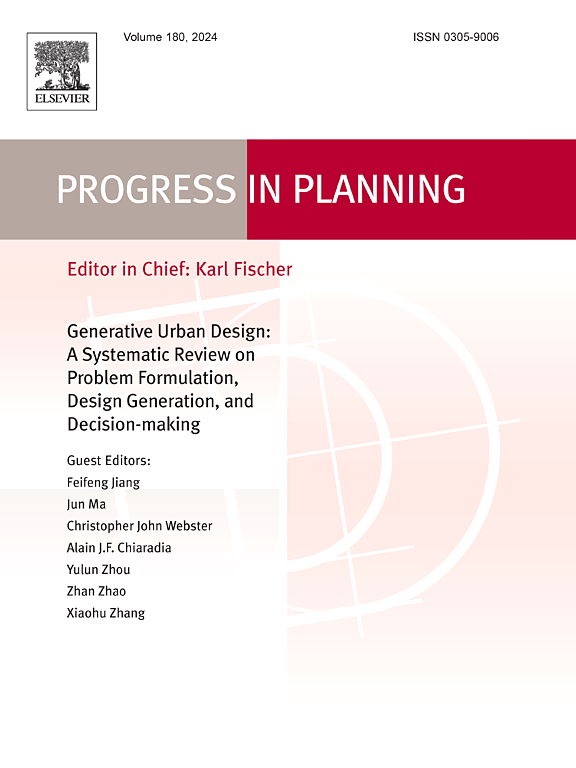Unfavorable transit planning: Lack of knowledge, lack of collaboration, or political conflicts? A case study of two Norwegian cities aiming to increase transit competitiveness
Abstract
The purpose of this paper is to reveal possible reasons for unfavorable decisions in transit planning that weaken the possibility of increasing transit competitiveness versus the private car. The paper is based upon a qualitative case study of two Norwegian cities that have initiated projects to increase transit competitiveness versus the private car. Interviews and document studies have been conducted and interpreted using existing theories and case studies to determine possible reasons for decisions that are unfavorable for transit competitiveness. In this paper, it is concluded that conflicting politics is the main reason for unfavorable decisions in transit planning. Though the planning practitioners in the transit projects make effort to communicate to the politicians how the conflicting politics are limiting the possibility to increase transit competitiveness versus the private car, this effort has little effect. It is suggested in this work that the role of the urban planner should be extended to not only inform but also awaken a need for more knowledge among politicians and decisionmakers to help prevent unfavorable decisions being made within transit, and urban planning.

 求助内容:
求助内容: 应助结果提醒方式:
应助结果提醒方式:


